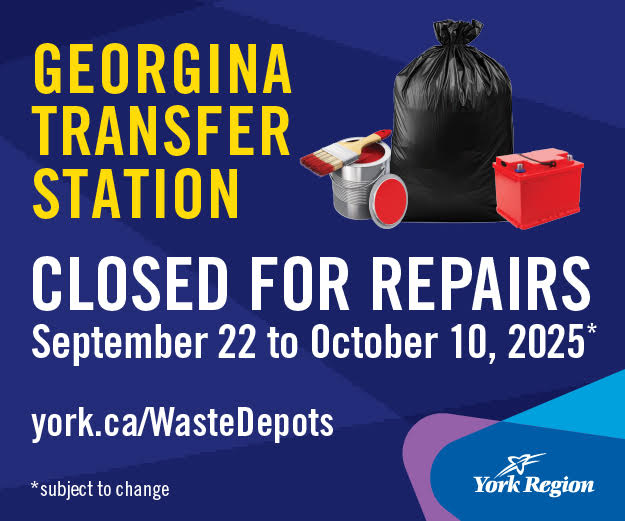By: Mike Anderson
With the recent passage of Bill 218, the Ford government has made it substantially more difficult for family members whose loved ones died of COVID-19 in long-term care to get access to justice.
According to the Ontario Health Coalition (OHC), Bill 218 has raised the legal bar for family members seeking damages from LTC homes. Instead of proving negligence, they must demonstrate “gross negligence” on the part of LTC home owners, which, according to OHC, is a “much steeper hill to climb.”
“It’s too late for the families; their loved ones are gone. And the only kind of closure they could have, and the only kind of accountability they can seek now is through litigation. To see a piece of legislation that indemnifies these homes, crosses every moral line in our society,” said Natalie Mehra, Executive Director of OHC.
“There’s been no penalties, no fines for the homes. None of the home operators have lost their licenses. There’s been no criminal charges, yet the homes’ behaviour, in many cases, has been one of just total disregard for the lives of the residents in their care.”
We don’t have to look far to see what impact this legislation is going to have. With 36 deaths reported at Sutton’s River Glen Haven Nursing Home, during the first wave of the pandemic, it was one of the region’s worst-hit LTC homes — accounting for 16 per cent of the 222 COVID-19 LTC home deaths in York Region.
ATK Care, the home’s owner, faces several lawsuits from family members. They allege that management did not physically distance residents as the outbreak spread from the second floor of the home to the third floor.
They also allege that management failed to adequately train staff on the proper use of personal protection equipment (PPE) and did not communicate with family members during the outbreak — both conditions of ATK Care’s license.
While Ontario’s Long-Term Care COVID-19 Commission has met with family members and residents from hard-hit LTC homes like Orchard Villa (70 deaths), there have been no face-to-face meetings with family members or residents from River Glen Haven.
There is a real possibility that the tragedy that occurred at RGH may be overlooked.
Only civil litigation initiated on behalf of family members who lost loved ones at RGH would be able to shed light on what went so horribly wrong. And that light, it appears, may have been extinguished.
- The Canadian Moose are off to Vietnam - October 11, 2025
- Province set to ban speed cameras, as Town defends their use - October 9, 2025
- Celebrating the harvest: A look back at farming in Georgina - October 8, 2025











































